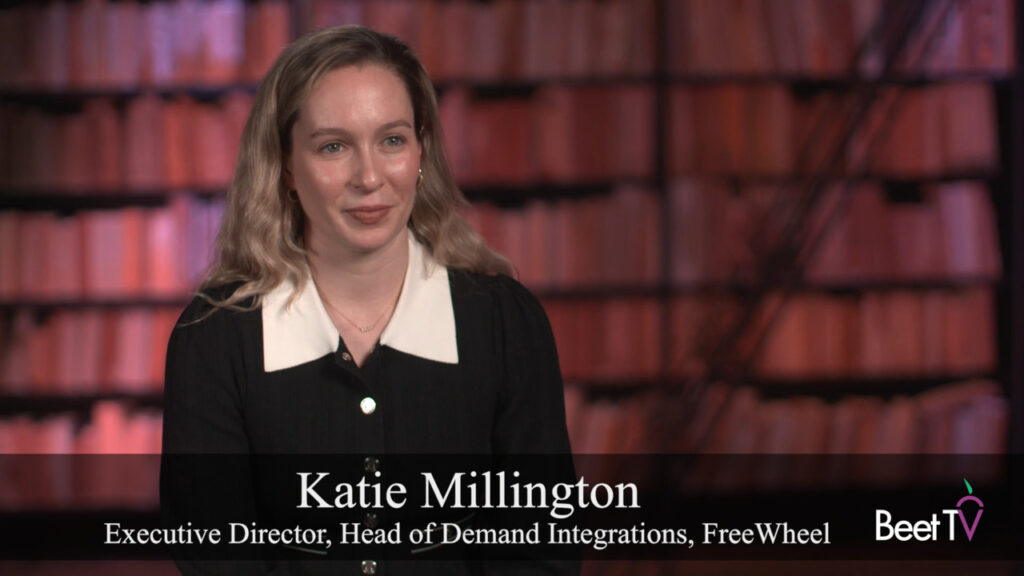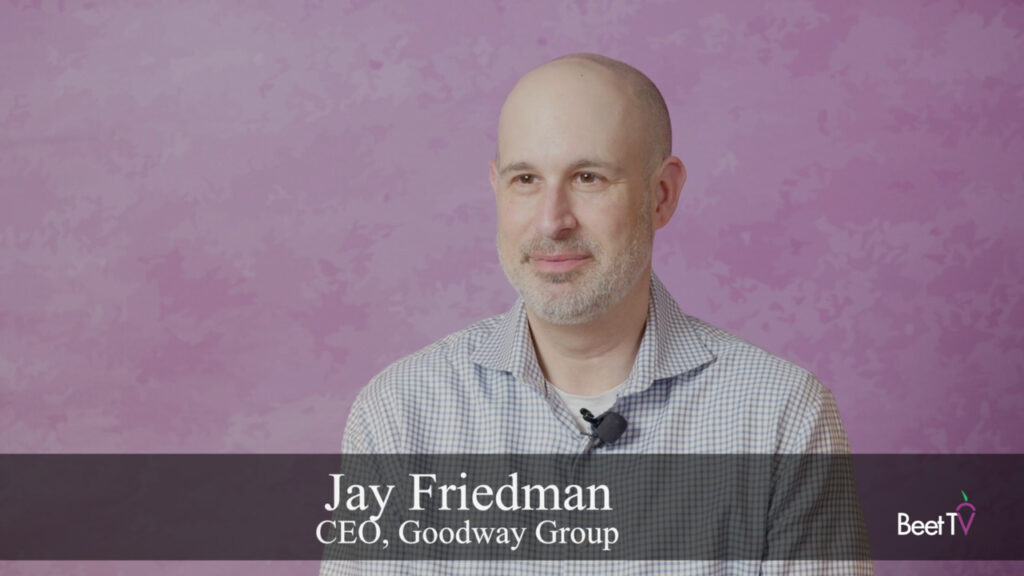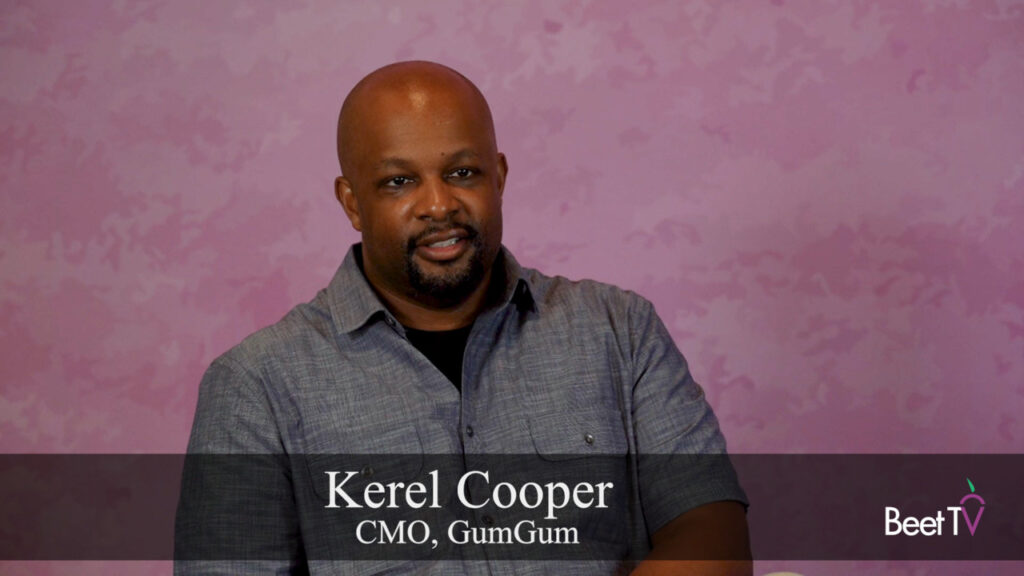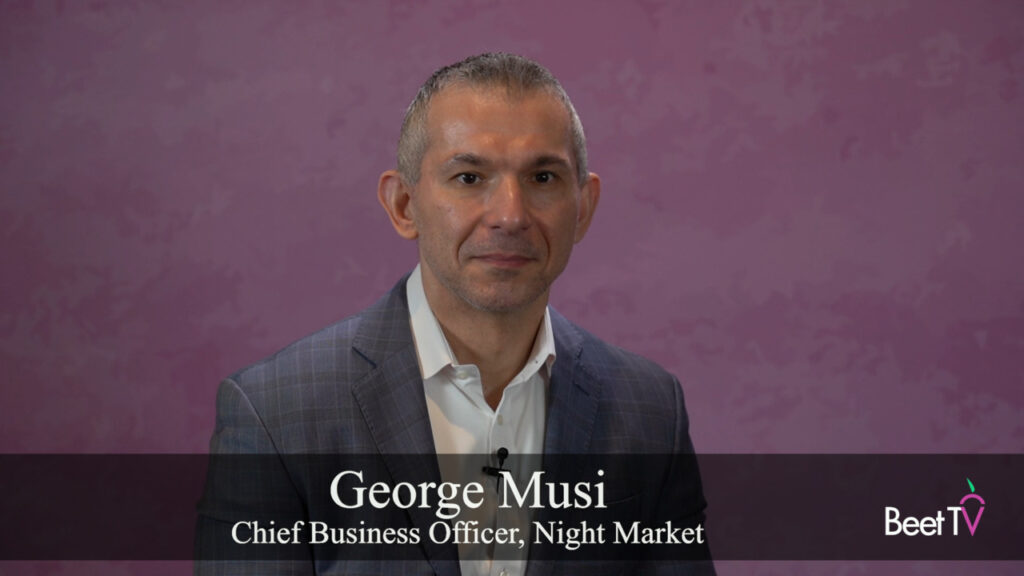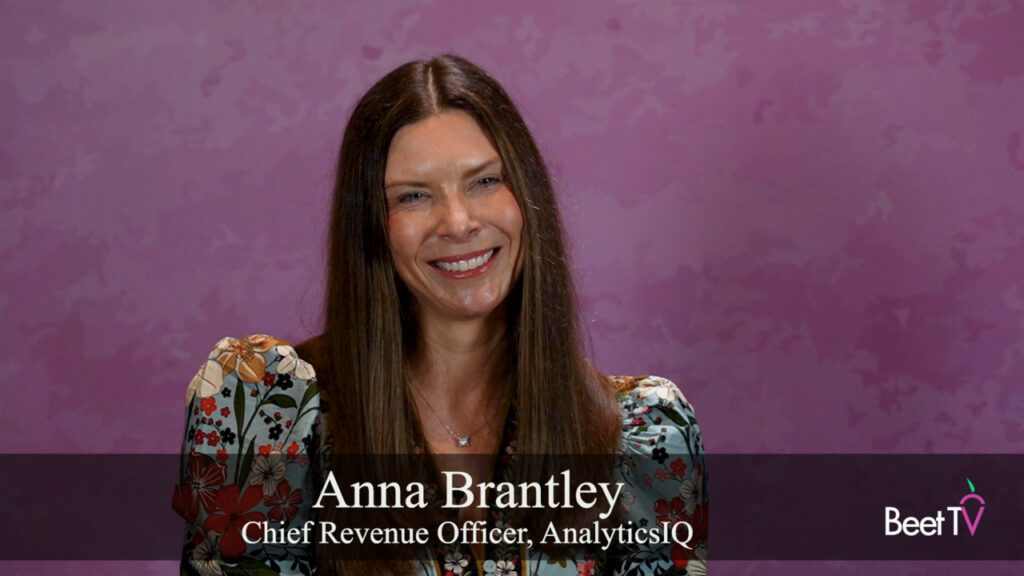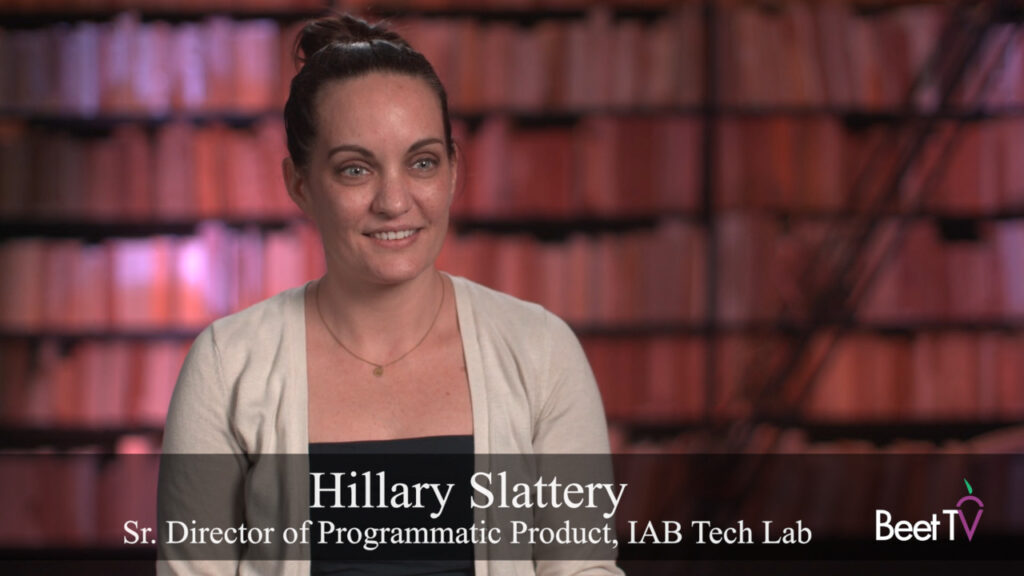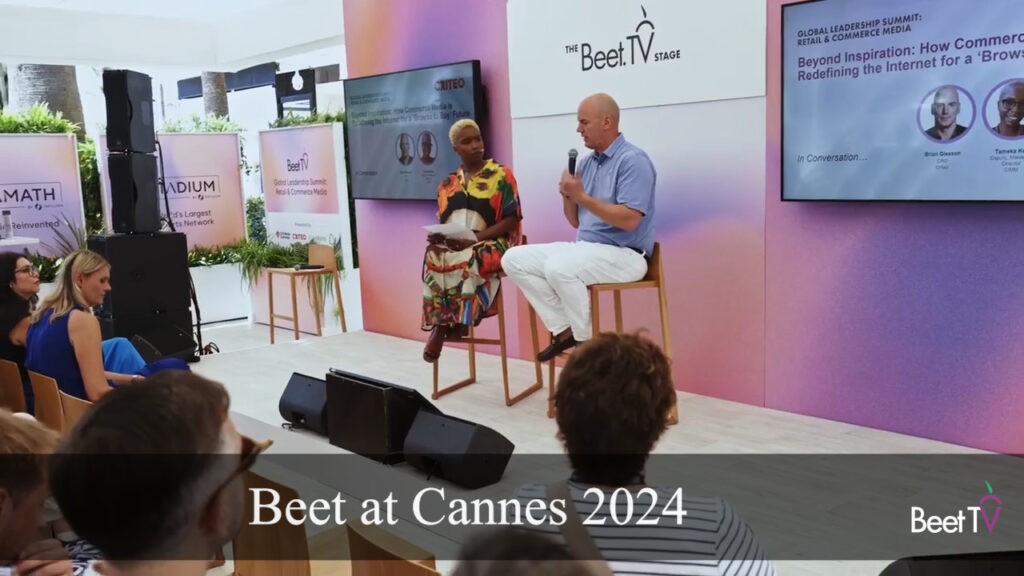VIA BEETCAM — They have spent the last few years getting in hot water for struggling to combat misinformation. But could coronavirus be the moment social networks prove they can guide users to accurate news when they really want to?
That could be the case, according to eMarketer senior analyst for global trends Jasmine Enberg.
The pandemic was plagued by the early spreading of misleading information by bad actors, and dodgy purported cures and causes for the virus persist. But, asEnberg wrote in a recent eMarketer article, social networks have taken several previously-untrodden steps to fight misinformation:
- Facebook has given free ads to World Health Organisation (WHO), has increased fact-checking, is directing searches to the WHO or other health authorities.
- TikTok partnered with the WHO to prove an information live stream, a break from its fun image, plus a #HappyAtHome nightly live show.
- Facebook, Google, Twitter, LinkedIn, Reddit, Microsoft and Google last week issued a joint statement pledging to fight misinformation.
- Twitter and Facebook, for instance, are pinning reliable information to the top.
For Enberg, it points the way to the platforms taking a greater role in safeguarding overall news provenance going forward. “That’s something we haven’t seen before,” she says in this video interview with Beet.TV.
“I do think it will have implications in the future. I mean, we’ve seen that they have been successful at promoting the kind of information, so why aren’t they doing that for other topics as well?”
Future of misinformation
That is important because the majority of people under 29 years of age now get their news from social networks.
Enberg says the future of social network content moderation will involve a mixture of artificial intelligence algorithms plus human content moderators, many of whom will now work at home.
But, a word of caution – whilst pointing to inarguable facts about a virus may be relatively straightforward, doing so for other current affairs may be less so.
“It’s easier to rally resources around a pandemic than it is around political or socially debatable content,” Enberg adds.
“Viruses don’t know any boundaries, they don’t know any party affiliations. Now we’re in this age of ‘alternative facts’, it’s very, very, hard to draw hard lines around political content without appearing partisan. So it kind of makes sense that they’ve been able to take these unprecedented steps against coronavirus.”
The two “buttons” Lewis shows here are Events from the Curation team in collab with our amazing Product and Public Policy colleagues.
On the left: an auto timeline of hand-selected official gov accounts.
On the right: hand-selected tweets providing global news updates. https://t.co/Lgn8UdgSxl
— J Geary ⚡️💙 (@JoannaG) March 22, 2020
Watch on TikTok
Advertisers not buying home content boom
The coronavirus pandemic and subsequent guidance or orders to stay home are leading to an unexpected boom in home entertainment consumption, with with Netflix and Disney+ reducing their bandwidth consumption by 25% in Europe to ease under-pressure broadband networks.
For ad-supported TV and streaming services, you might expect that would entice advertisers in pursuit of captive audiences.
But eMarketer analysis shows the opposite is happening – placing video and TV services at risk of a downturn.
Jasmine Enberg, explains: “I think that during this time when we’re all cooped up at home, people are spending more and more time on digital media, whether it’s to be informed or to be entertained.
“But, even as we’re spending more time, we are actually seeing advertisers start pulling back some of their spend on these digital platforms.
“I think this is going to negatively impact their revenues, at least in the short-term Q1 and Q2. That’s happening all across the board.”
Ads infected by virus?
eMarketer has revised-down its global ad spend forecast, but only slightly – thanks largely to ad retrenchment in China, the apparent origin of the Covid-19 outbreak.
Enberg says brands actually have an opportunity to tap in to consumers’ latent interest in the virus.
“On the content side, what is interesting is, I’ve been seeing a couple of different studies that consumers are actually very receptive to advertisers mentioning or referencing Covid-19 in their messaging, which is more so than for other sort of social topics,” she says.
“They tend to say that only brands (for which it is) authentic to them to talk about specific topics should be mentioning that in their messaging. But it seems that, across the board, people want to know where brands stand on Covid-19 and what they’re doing to help the situation.”
https://soundcloud.com/behind-the-numbers
I think it is fascinating that Spotify use was down 11% last week. My naive theory is that much of this vanishing usage could be from people typically listening at their office job. https://t.co/mcJYvTxcsx
— Ben Morgan (@BenMorgan47) March 24, 2020
Enberg was interviewed remotely at home by BeetCam.



































